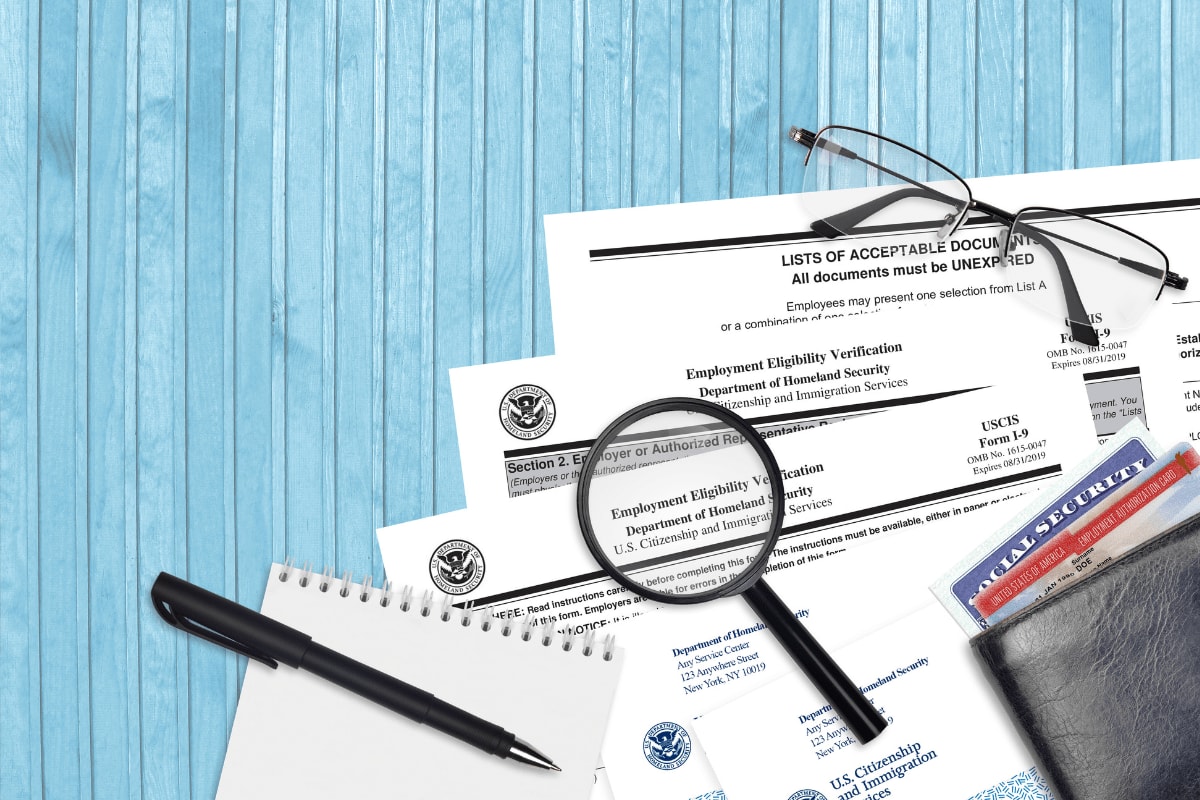A Simple Guide to Condominium Eligibility.
Now that there is an updated set of requirements for condos and coops, it is really important to understand the current status of the condominium and cooperative project eligibility standards.
This set of requirements had big changes, mainly made by the Federal National Mortgage Association (Fannie Mae) and the Federal Home Loan Mortgage Corporation (Freddie Mac). These changes, which impact projects with five or more units, are crucial for anyone involved in the real estate market, be it homeowners, prospective buyers, or property managers or real estate agents. In this article, we’ll explore the updated requirements in a really simple way, breaking down the key elements and their implications for condominiums and cooperatives seeking mortgage approval and possible buyer’s thinking in inspections and associations.
The Evolution of Standards

The backdrop to these changes is rooted in the tragic collapse of the Champlain South Tower in Surfside, Florida, in June 2021. In response to this catastrophe, Fannie Mae and Freddie Mac temporarily revised their project eligibility requirements in January 2022. Now, as of September 18, 2023, these temporary measures have evolved into final, more defined standards to address the repair status of condominiums and cooperative buildings.
The Heart of the Matter: Repair Status

One of the primordial aspects of the updated standards is the examination placed on the repair status of condominiums and cooperative buildings. This is an area that gained prominence in the light of the Surfside tragedy. The new requirements distinguish between routine repairs and critical repairs, providing clarity on what constitutes each category.
- Routine Repairs
Preventative or part of normal capital replacements. The main purpose is to maintain the project’s full functionality within the operating budget or through special assessments within guidelines.
- Critical Repairs
Significantly impact safety, soundness, structural integrity, or habitability. Include material deficiencies, mold or water intrusions, advanced physical deterioration, failure to pass mandatory inspections, or unfunded repairs exceeding $10,000 per unit within the next 12 months.
Understanding these distinctions is crucial for boards, property managers, and lenders, as they determine the eligibility of a project.
The Significance of Eligibility

Eligibility is not just a bureaucratic checkbox; it has profound implications for the marketability and value of condominium or cooperative projects. Ineligibility can render unit mortgages unsuitable for purchase or securitization by Fannie Mae and Freddie Mac, limiting financing options for potential buyers and affecting the ability to refinance for existing unit owners.
Special Assessments: A Closer Look

Special assessments play a pivotal role in the updated eligibility requirements. Boards and property managers must now provide detailed records of special assessments, whether planned or currently being collected. Critical repairs associated with special assessments not yet remedied will render a project ineligible. Comprehensive information, including the purpose, approval date, collection status, amount, and expected payment date, must be provided to maintain eligibility.
Inspection Reports: Shedding Light on Project Conditions

The updated standards dive into inspection reports, specifying the type of records needed for eligibility. Structural or mechanical inspection reports from vendors and federal, state, or local authorities within the last three years are now required. Any indication of critical repairs, evacuation orders, or required regulatory action will result in ineligibility until remediation is confirmed by an engineer’s report or a substantially similar document.
Documentation Requirements: The Paper Trail

Fannie Mae and Freddie Mac have expanded documentation requirements for lenders to ensure project conditions don’t require critical repairs. Boards and property managers may be asked to provide board meeting minutes, engineer reports, inspection reports, reserve studies, repair lists, and special assessment details. It’s crucial for those involved to be prepared for potentially extensive documentation requests.
Understanding the New Requirements

As these changes come into effect, we anticipate lenders updating their mortgage questionnaires. The approach to completing these questionnaires will likely vary, requiring a case-by-case review. Boards and property managers should consult experienced condominium counsel, especially when faced with new or challenging requirements.
In conclusion, the Fannie Mae and Freddie Mac updates are not just regulatory tweaks; they are significant considerations for anyone involved in condominiums and cooperatives. By understanding the nuances of routine and critical repairs, special assessments, inspection reports, and documentation requirements, stakeholders, including owners and buyers, can navigate these changes successfully, ensuring the eligibility and marketability of their projects or their future purchases. As the industry adapts to these new standards, collaboration between lenders, boards, property managers, and legal counsel will be crucial for a smooth transition into this evolved landscape.
References
-Bauman, D. (2023, September 1). Fannie Mae and Freddie Mac: New Lender Requirements Go into Effect in September—CAI Advocacy Blog. CAI Advocacy Blog. Retrieved January 16, 2024. Link here.
-Severance, R. R. (2023, September 25). Fannie Mae and Freddie Mac Lender Requirements Effective September 18, 2023: What’s New, and Why Are These Changes Important? Moriarty Bielan & Malloy LLC. Retrieved January 15, 2024. Link here.




